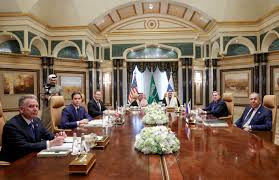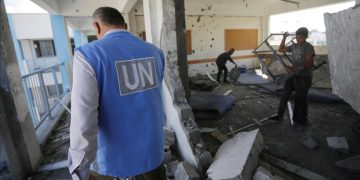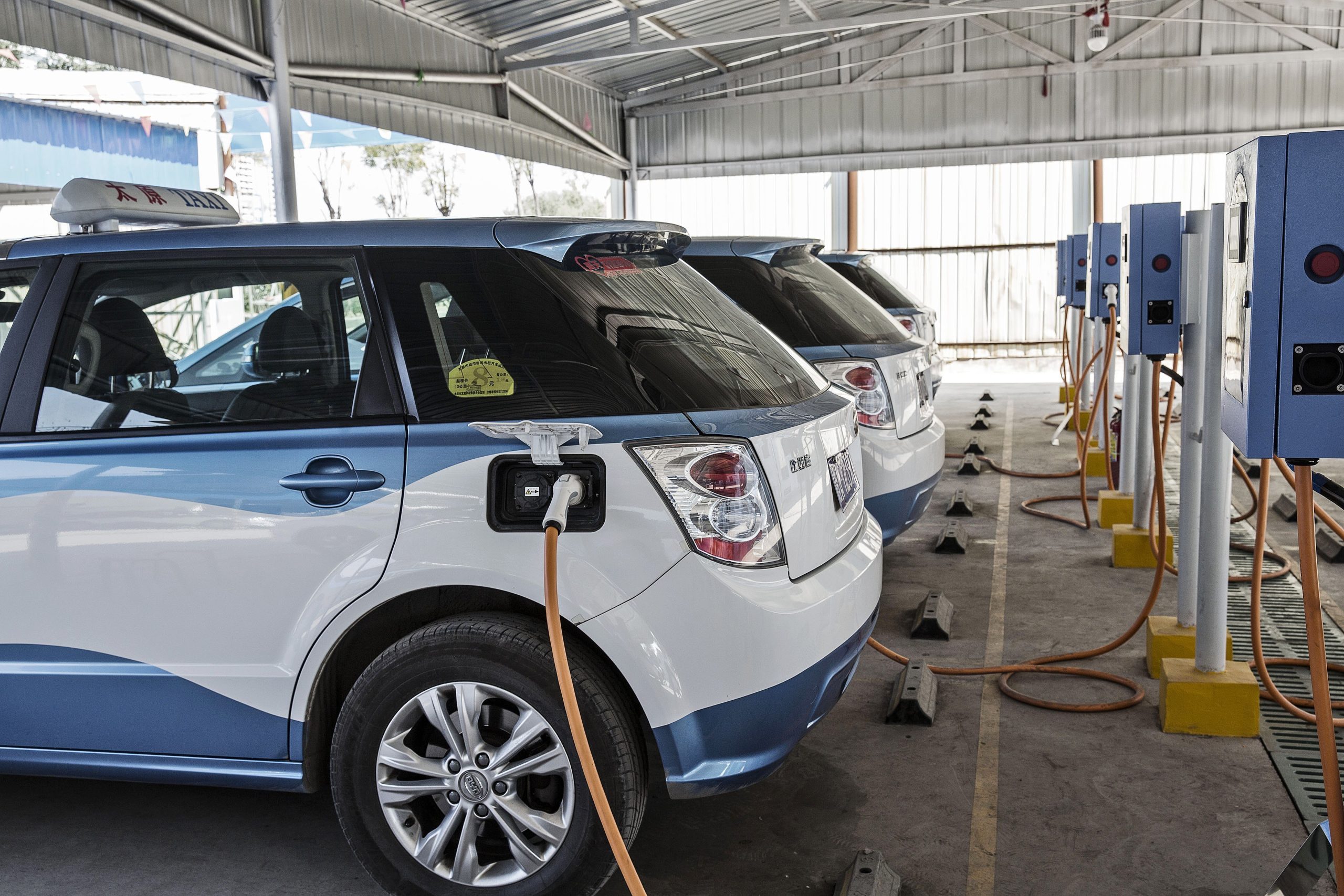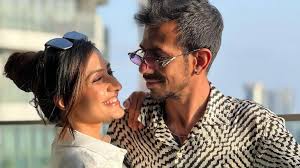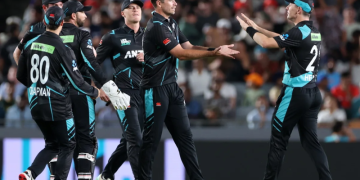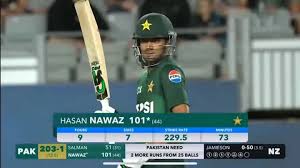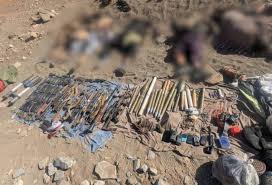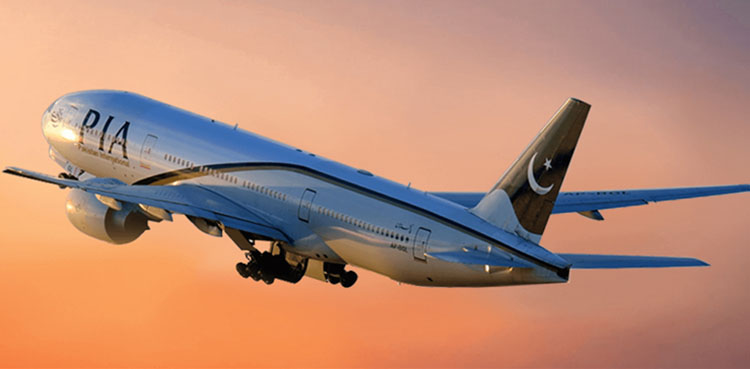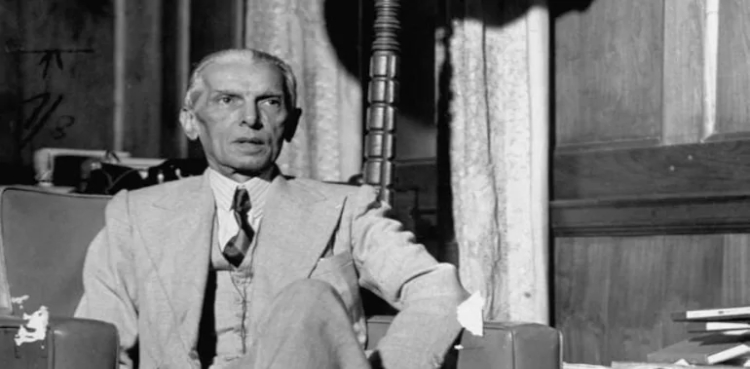Pakistan, Nigeria, and Indonesia will be among the biggest recipients of free Covid-19 vaccines before June — more than 10 million doses each — the Covax scheme announced Tuesday.
Some 238.2 million doses will be distributed around the world by the end of May through the programme aimed at boosting access to coronavirus jabs in poorer nations.
Though vaccination campaigns have gathered pace globally, the majority of injections have been administered in wealthier countries while many nations have yet to receive a single dose.
The Covax scheme, aimed to ensure equitable access to Covid-19 vaccines, on Tuesday outlined plans to deliver to 142 countries and territories by May 31, in its first wave of distribution.
The five biggest confirmed recipients are Pakistan (14,640,000 doses), Nigeria (13,656,000), Indonesia (11,704,800), Bangladesh (10,908,000) and Brazil (9,122,400).
They are followed by Ethiopia (7,620,000), the Democratic Republic of the Congo (5,928,000), Mexico (5,532,000), Egypt (4,389,600) and Vietnam (4,176,000).
Iran, Myanmar, Kenya, and Uganda are also in line for more than three million doses each.
Overall by the end of May, India is likely to be the biggest recipient of Covax doses, but its allocation was not finalised before the publication of the distribution list on Tuesday.
The Pacific island nation of Tuvalu is meanwhile set to receive the smallest number of doses at 4,800, followed by Nauru and Monaco with 7,200 each.
Ending pandemic’s ‘acute phase’
Covax is co-led by the World Health Organization (WHO), the Gavi vaccine alliance, and the Coalition for Epidemic Preparedness Innovations.
The scheme is aiming to distribute enough doses to vaccinate up to 27 percent of the population in the 92 poorest participating economies by the end of the year, with at least 1.3 billion doses intended to go their way.
“Covax’s mission is to help end the acute phase of the pandemic as soon as possible,” said Gavi chief executive Seth Berkley.
The first wave of deliveries include some 237 million doses of the AstraZeneca/Oxford vaccine, being manufactured in India and South Korea, and another 1.2 million doses of the Pfizer/BioNTech vaccine, which requires special ultra-cold storage.
Both vaccines require two injected doses.
Ghana, Ivory Coast, South Korea, India, and Colombia have already received their first deliveries of vaccines through Covax.
Nigeria, Angola, Cambodia all received their first vaccine doses via Covax on Tuesday, with DR Congo also scheduled for delivery.
Senegal was set to get its first batch on Wednesday, and some 20 countries in total are due to receive shipments this week.
African production plan
Ghana received the first flight of Covax AstraZeneca doses on February 24 — and President Nana Akufo-Addo publically took the first shot on Monday.
He said Tuesday it was “imperative” that Africa develops its own vaccine production capacity to facilitate easy and affordable access to doses.
The African Union Commission will host a meeting on April 12 aimed at developing a roadmap for the continent to start manufacturing Covid-19 vaccines.
Some 198 countries and territories are participating in Covax, though not all are in the first wave of distribution.
For the 92 lower- and lower-middle-income economies in the scheme, funding is covered through donations.
For richer countries, buying into Covax’s bulk purchases operates like a back-up insurance policy for their own direct deals with vaccine producers.
Some wealthy countries were on the distribution list, with South Korea in line for 2.2 million doses, Canada 1.6 million, Saudi Arabia 1.5 million, Singapore 245,000 and New Zealand 211,000.
Any vaccine being rolled out through Covax requires the WHO seal of approval — so far given to just the Pfizer and AstraZeneca jabs.
Novavax will provide 1.1 billion Covid-19 vaccine doses to Covax, while the facility has also signed deals with Sanofi-GSK, and with Johnson and Johnson.






